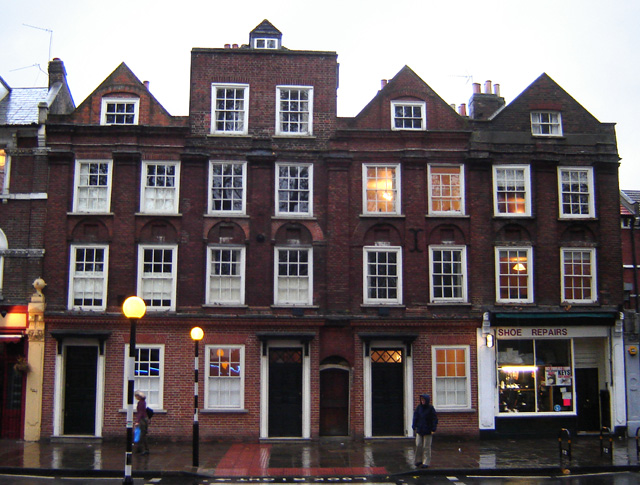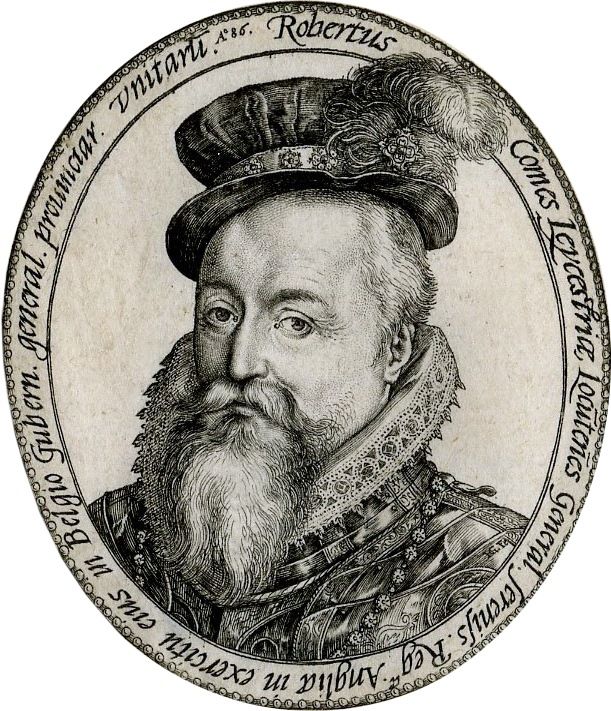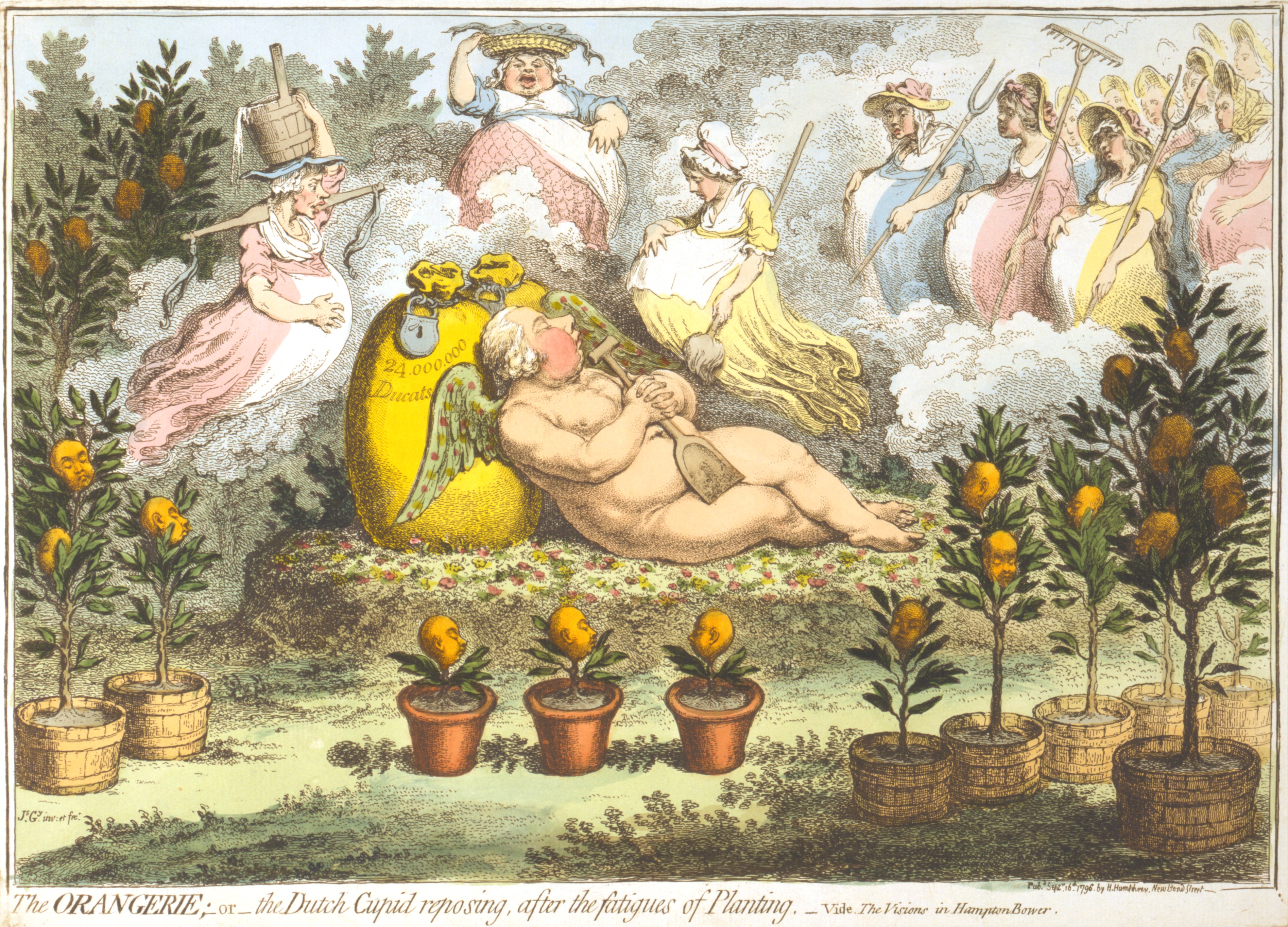|
Joan Derk Van Der Capellen Tot Den Pol
Joan Derk, Baron van der Capellen tot den Pol (; 2 November 1741, Tiel – 6 June 1784, Zwolle) was a Dutch nobleman who played a prominent role in the revolutionary events that preceded the formation of the Batavian Republic. As a member of the Patriots and inspired by the American Revolution, he wrote the noted pamphlet ''Aan het Volk van Nederland'' ("To the People of the Netherlands"), pleading for a more liberal society and the end of the Stadtholder regime, which had been marked by corruption and nepotism. He was also an ardent supporter of the legal recognition of the recently created United States of America. Member of the States Van der Capellen became a member of the States of Overijssel in 1772. It was the beginning of his political career. He described himself as a "born regent", but that did not prevent him from being an ardent champion of the Enlightenment ideals and a critic of the Dutch Old Regime. For that reason, his opponents compared Van der Capellen's pu ... [...More Info...] [...Related Items...] OR: [Wikipedia] [Google] [Baidu] |
Johan Derk Van Der Capellen Heer Van Den Pol
Johan * Johan (given name) * Johan (film), ''Johan'' (film), a 1921 Swedish film directed by Mauritz Stiller * Johan (band), a Dutch pop-group ** Johan (album), ''Johan'' (album), a 1996 album by the group * Johan Peninsula, Ellesmere Island, Nunavut, Canada * Jo-Han, a manufacturer of plastic scale model kits See also * John (name) {{disambiguation ... [...More Info...] [...Related Items...] OR: [Wikipedia] [Google] [Baidu] |
John Wilkes
John Wilkes (17 October 1725 – 26 December 1797) was an English radical journalist and politician, as well as a magistrate, essayist and soldier. He was first elected a Member of Parliament in 1757. In the Middlesex election dispute, he fought for the right of his voters—rather than the House of Commons—to determine their representatives. In 1768, angry protests of his supporters were suppressed in the Massacre of St George's Fields. In 1771, he was instrumental in obliging the government to concede the right of printers to publish verbatim accounts of parliamentary debates. In 1776, he introduced the first bill for parliamentary reform in the British Parliament. During the American War of Independence, he was a supporter of the American rebels, adding further to his popularity with American Whigs. In 1780, however, he commanded militia forces which helped put down the Gordon Riots, damaging his popularity with many radicals. This marked a turning point, leading him to ... [...More Info...] [...Related Items...] OR: [Wikipedia] [Google] [Baidu] |
Richard Price
Richard Price (23 February 1723 – 19 April 1791) was a British moral philosopher, Nonconformist minister and mathematician. He was also a political reformer, pamphleteer, active in radical, republican, and liberal causes such as the French and American Revolutions. He was well-connected and fostered communication between many people, including Thomas Jefferson, John Adams, George Washington, Mirabeau and the Marquis de Condorcet. According to the historian John Davies, Price was "the greatest Welsh thinker of all time". Born in Llangeinor, near Bridgend, Wales, Price spent most of his adult life as minister of Newington Green Unitarian Church, on the then outskirts of London, England. He edited, published and developed the Bayes–Price theorem and the field of actuarial science. He also wrote on issues of demography and finance, and was a Fellow of the Royal Society. Early life Born on 23 February 1723, Richard Price was the son of Rhys Price, a dissenting minister. H ... [...More Info...] [...Related Items...] OR: [Wikipedia] [Google] [Baidu] |
Patriot (American Revolution)
Patriots, also known as Revolutionaries, Continentals, Rebels, or American Whigs, were the colonists of the Thirteen Colonies who rejected British rule during the American Revolution, and declared the United States of America an independent nation in July 1776. Their decision was based on the political philosophy of republicanism—as expressed by such spokesmen as Thomas Jefferson, John Adams, and Thomas Paine. They were opposed by the Loyalists, who supported continued British rule. Patriots represented the spectrum of social, economic, and ethnic backgrounds. They included lawyers such as John Adams, students such as Alexander Hamilton, planters such as Thomas Jefferson and George Mason, merchants such as Alexander McDougall and John Hancock, and farmers such as Daniel Shays and Joseph Plumb Martin. They also included slaves and freemen such as Crispus Attucks, one of the first casualties of the American Revolution; James Armistead Lafayette, who served as a double agent ... [...More Info...] [...Related Items...] OR: [Wikipedia] [Google] [Baidu] |
American Revolutionary War
The American Revolutionary War (April 19, 1775 – September 3, 1783), also known as the Revolutionary War or American War of Independence, was a major war of the American Revolution. Widely considered as the war that secured the independence of the United States, fighting began on April 19, 1775, followed by the Lee Resolution on July 2, 1776, and the Declaration of Independence on July 4, 1776. The American Patriots were supported by the Kingdom of France and, to a lesser extent, the Dutch Republic and the Spanish Empire, in a conflict taking place in North America, the Caribbean, and the Atlantic Ocean. Established by royal charter in the 17th and 18th centuries, the American colonies were largely autonomous in domestic affairs and commercially prosperous, trading with Britain and its Caribbean colonies, as well as other European powers via their Caribbean entrepôts. After British victory over the French in the Seven Years' War in 1763, tensions between the motherland and he ... [...More Info...] [...Related Items...] OR: [Wikipedia] [Google] [Baidu] |
Scots Brigade
The Scots Brigade, also referred to as the Anglo-Dutch Brigade or the Anglo-Scots Brigade, was an infantry brigade of the Dutch States Army. First formed in 1586, by the late 17th century it usually comprised six infantry regiments, three recruited primarily from Scotland and three from England. It was finally dissolved in 1782 following the outbreak of the Fourth Anglo-Dutch War. Throughout the 16th and early part of the 17th centuries, units of foreign mercenaries were commonly used by all European powers. Domestic opposition to permanent armies as a result of the 1638-1651 Wars of the Three Kingdoms meant British monarchs used the Brigade to create a pool of trained officers, who could be called on when needed. However, in the early 18th century, increasing demand meant permission to recruit in Britain was restricted on a number of occasions and finally banned after 1757. After the end of the War of the Spanish Succession in 1714, the Brigade was reduced to three regiments and ... [...More Info...] [...Related Items...] OR: [Wikipedia] [Google] [Baidu] |
George III
George III (George William Frederick; 4 June 173829 January 1820) was King of Great Britain and of Ireland from 25 October 1760 until the union of the two kingdoms on 1 January 1801, after which he was King of the United Kingdom of Great Britain and Ireland until his death in 1820. He was the longest-lived and longest-reigning king in British history. He was concurrently Duke and Prince-elector of Brunswick-Lüneburg ("Hanover") in the Holy Roman Empire before becoming King of Hanover on 12 October 1814. He was a monarch of the House of Hanover but, unlike his two predecessors, he was born in Great Britain, spoke English as his first language and never visited Hanover. George's life and reign were marked by a series of military conflicts involving his kingdoms, much of the rest of Europe, and places farther afield in Africa, the Americas and Asia. Early in his reign, Great Britain defeated France in the Seven Years' War, becoming the dominant European power in North America ... [...More Info...] [...Related Items...] OR: [Wikipedia] [Google] [Baidu] |
Royal Netherlands Navy
The Royal Netherlands Navy ( nl, Koninklijke Marine, links=no) is the naval force of the Kingdom of the Netherlands. During the 17th century, the navy of the Dutch Republic (1581–1795) was one of the most powerful naval forces in the world and played an active role in the Anglo-Dutch Wars, the Franco-Dutch War, and wars against Spain and several other European powers. The Batavian Navy of the later Batavian Republic (1795–1806) and Kingdom of Holland (1806–1810) played an active role in the Napoleonic Wars, though mostly dominated by French interests. After the establishment of the modern Kingdom of the Netherlands, it served an important role in protecting Dutch colonial rule, especially in Southeast Asia, and would play a minor role in World War II, especially against the Imperial Japanese Navy. Since World War II, the Royal Netherlands Navy has taken part in expeditionary peacekeeping operations. Bases The main naval base is in Den Helder, North Holland. Secondary na ... [...More Info...] [...Related Items...] OR: [Wikipedia] [Google] [Baidu] |
Dutch States Army
The Dutch States Army ( nl, Staatse leger) was the army of the Dutch Republic. It was usually called this, because it was formally the army of the States-General of the Netherlands, the sovereign power of that federal republic. This mercenary army was brought to such a size and state of readiness that it was able to hold its own against the armies of the major European powers of the extended 17th century, Habsburg Spain and the France of Louis XIV of France, Louis XIV, despite the fact that these powers possessed far larger military resources than the Republic. It played a major role in the Eighty Years' War (opposite the Spanish Army of Flanders) and in the wars of the Grand Alliance (League of Augsburg), Grand Alliance with France after 1672. Precursors Despite the fact that the standard work by Ten Raa and De Bas about the States Army in its title proudly proclaims that the foundation of the army was laid in the first year of the Dutch war of independence, 1568, modern historian ... [...More Info...] [...Related Items...] OR: [Wikipedia] [Google] [Baidu] |
Stadtholder
In the Low Countries, ''stadtholder'' ( nl, stadhouder ) was an office of steward, designated a medieval official and then a national leader. The ''stadtholder'' was the replacement of the duke or count of a province during the Burgundian and Habsburg period (1384 – 1581/1795). The title was used for the official tasked with maintaining peace and provincial order in the early Dutch Republic and, at times, became ''de facto'' head of state of the Dutch Republic during the 16th to 18th centuries, which was an effectively hereditary role. For the last half century of its existence, it became an officially hereditary role under Prince William IV of Orange. His son, Prince William V, was the last ''stadtholder'' of the republic, whose own son, William I of the Netherlands, became the first sovereign king of the United Kingdom of the Netherlands. The title ''stadtholder'' is roughly comparable to the historical titles of Lord Protector in England, Statthalter in the Holy Roman Emp ... [...More Info...] [...Related Items...] OR: [Wikipedia] [Google] [Baidu] |
William V, Prince Of Orange
William V (Willem Batavus; 8 March 1748 – 9 April 1806) was a prince of Orange and the last stadtholder of the Dutch Republic. He went into exile to London in 1795. He was furthermore ruler of the Principality of Orange-Nassau until his death in 1806. In that capacity he was succeeded by his son William. Early life William Batavus was born in The Hague on 8 March 1748, the only son of William IV, who had the year before been restored as stadtholder of the United Provinces. He was only three years old when his father died in 1751, and a long regency began. His regents were: * Dowager Princess Anne, his mother, from 1751 to her death in 1759; * Dowager Princess Marie Louise, his grandmother, from 1759 to her death in 1765; *Duke Louis Ernest of Brunswick-Lüneburg, from 1759 to 1766, and kept on as a privy counsellor, in accordance with the ''Acte van Consulentschap'', until October 1784; * Princess Carolina, his sister (who at the time was an adult aged 22, while he was still a ... [...More Info...] [...Related Items...] OR: [Wikipedia] [Google] [Baidu] |
Van Der Capellen Wapen 1814
A van is a type of road vehicle used for transporting goods or people. Depending on the type of van, it can be bigger or smaller than a pickup truck and SUV, and bigger than a common car. There is some varying in the scope of the word across the different English-speaking countries. The smallest vans, microvans, are used for transporting either goods or people in tiny quantities. Mini MPVs, compact MPVs, and MPVs are all small vans usually used for transporting people in small quantities. Larger vans with passenger seats are used for institutional purposes, such as transporting students. Larger vans with only front seats are often used for business purposes, to carry goods and equipment. Specially-equipped vans are used by television stations as mobile studios. Postal services and courier companies use large step vans to deliver packages. Word origin and usage Van meaning a type of vehicle arose as a contraction of the word caravan. The earliest records of a van as a vehicle i ... [...More Info...] [...Related Items...] OR: [Wikipedia] [Google] [Baidu] |





.jpg)



